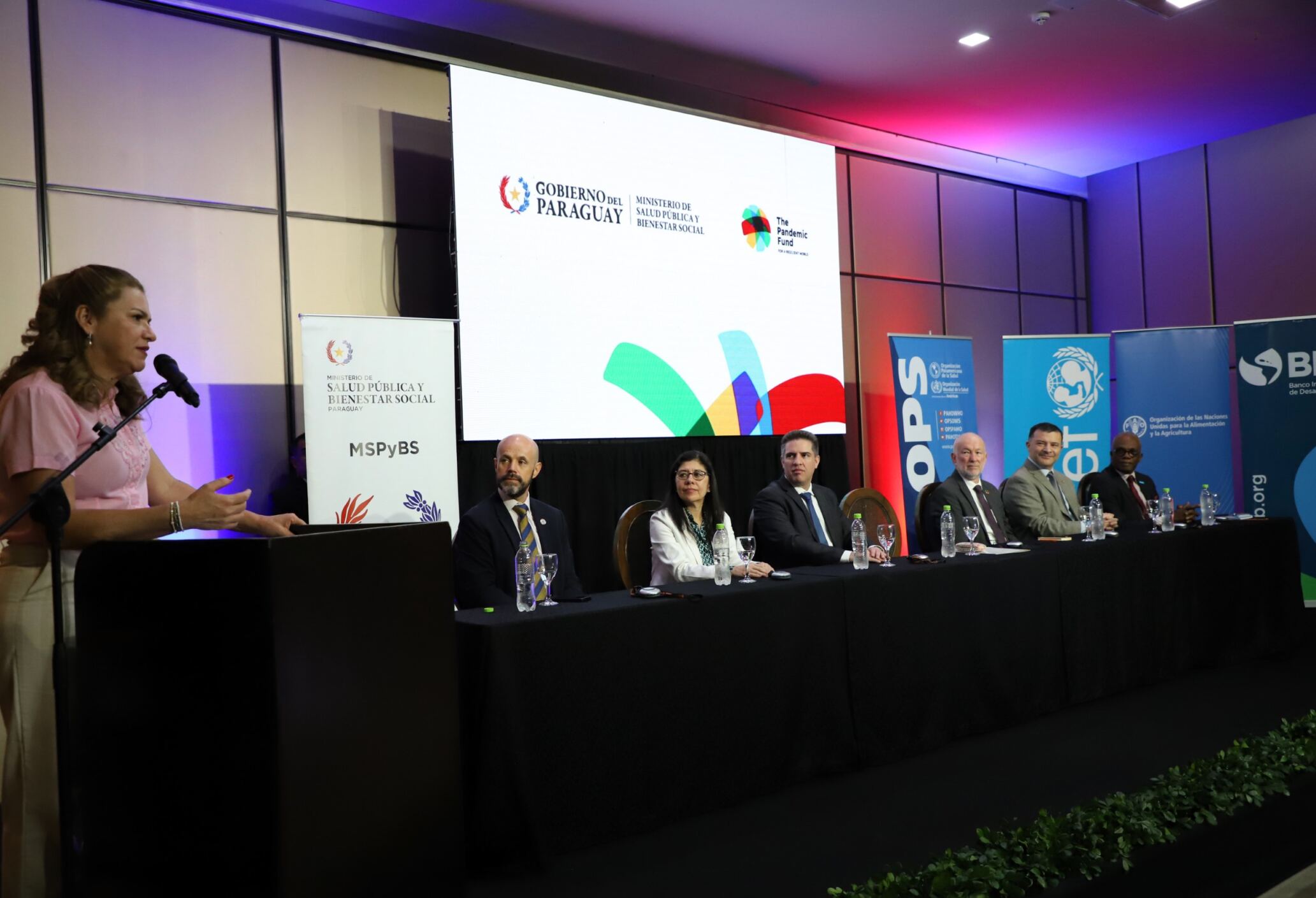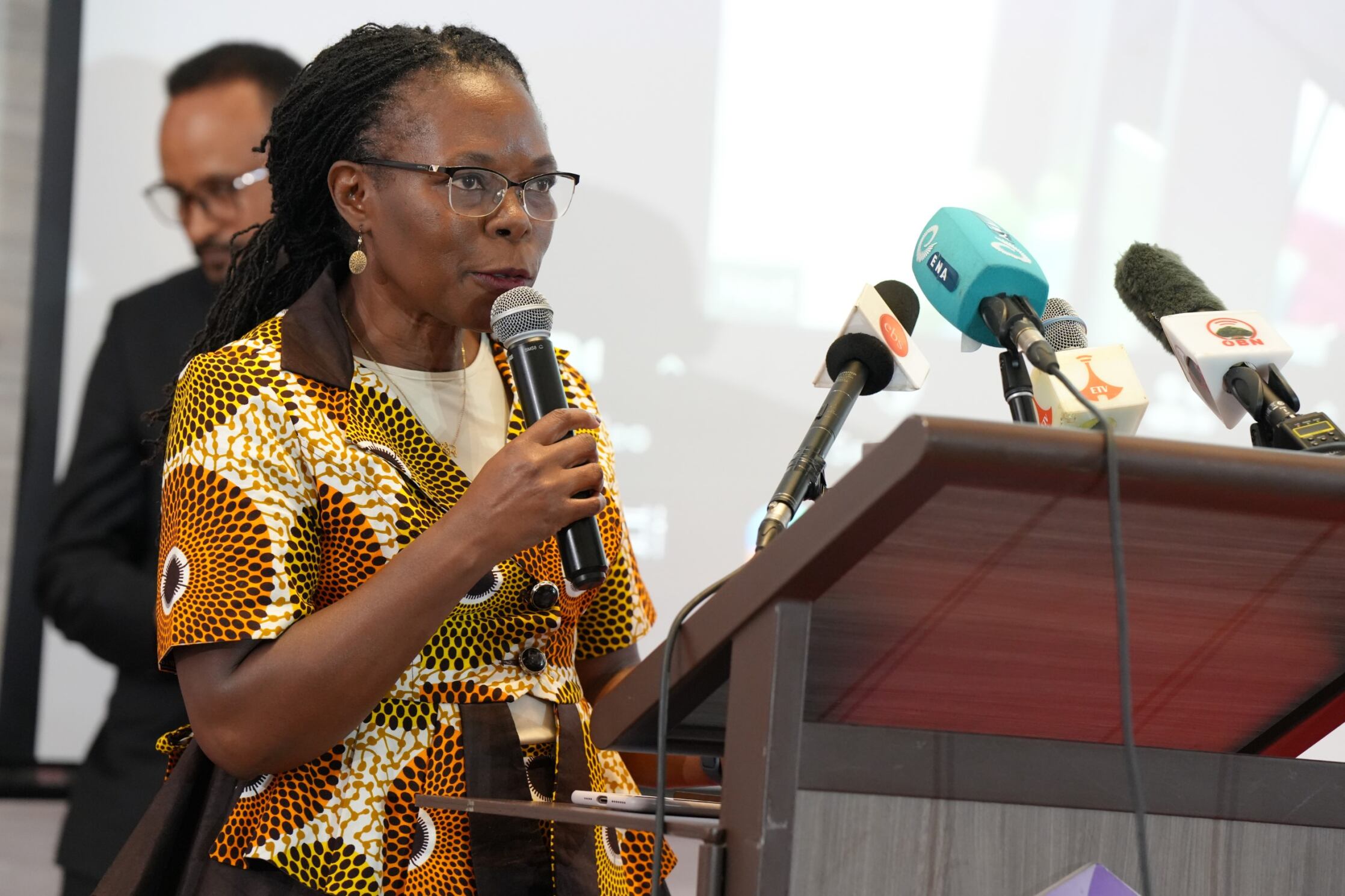Global fight against pandemics gains momentum as projects launch with FAO support
The first of Pandemic Fund projects launched at national level, including Ethiopia, Paraguay, Central Asia countries, and Yemen. These projects aim to strengthen collaborative surveillance, laboratory systems and workforce development for Pandemic Prevention, Preparedness and Response (PPR). The Pandemic Fund was established in 2022 to provide a targeted stream of additional, long-term funding for pandemic prevention, preparedness, and response in eligible low- and middle-income countries, through investments and technical support. Several multilateral development banks, UN agencies, and specialized global health institutions currently serve as implementing entities.
Ethiopia
Ethiopia launched a major initiative in January 2024 to improve its preparedness for future pandemics. The Ethio-Pandemic Multi-Sectoral Prevention, Preparedness and Response Project (EPPR) is a three-year project funded by a USD 50 million grant from the Pandemic Fund along with additional USD 63 million in co-financing. This partnership between the Ethiopian government, UN agencies, and others aims to strengthen Ethiopia’s ability to prevent, detect, and respond to public health emergencies. The project focuses on areas like training health workers, improving laboratory capabilities, and enhancing disease surveillance. This initiative is a significant step for Ethiopia as it works to build resilience against future pandemics.


Nepal
Nepal launched the Strengthening Pandemic Preparedness for Early Detection in Nepal (SPEED) in May 2024 with FAO, WHO, UNICEF Nepal and the Pandemic Fund. The goal of the project is to strengthen Nepal’s preparedness to tackle endemic, emerging, re-emerging and pathogens of pandemic potential through an inclusive One Health approach. With a total funding of USD 18.8 million for three years, the project aims to strengthen the health systems in Nepal in three key areas, surveillance, laboratory strengthening and capacity building of human resources. In this project, FAO, WHO and UNICEF will work together with the Ministry of Agriculture and Livestock Development, Ministry of Health and Population and Ministry of Water Supply following the One Health approach.
Paraguay
FAO will help strengthen critical functions for pandemic prevention, preparedness and response in Paraguay through a new project implemented from 2024 until 2026 as one of the Pandemic Fund projects. It will be under the leadership of the Ministry of Public Health and Social Welfare and the National Service of Animal Health and Quality, with cooperation from FAO, WHO, UNICEF and IADB. The project aims to strengthen the country to reduce the health, social and economic impact of potential future pandemics. It was publicly presented by the Government of Paraguay in March, at an event held in Asunción. Paraguay was one of the two single-country projects in South American to access the Pandemic Fund, created through a collaborative alliance between donor governments, co-investor countries, foundations, civil society organizations and international organizations.
Central Asia
This Pandemic Fund project spans a multi-country proposal, including Republic of Kazakhstan, Kyrgyz Republic, Republic of Tajikistan, Turkmenistan, Republic of Uzbekistan. The project focuses on pandemic preparedness and response through a One Health approach in Europe and Central Asia and launched in February and March 2024. Eran Raizman, Senior Animal Health Officer, FAO Regional Office for Europe and Central Asia, highlighted, “The Pandemic Fund has enormous potential to assist countries to increase their capacity to detect early and rapidly respond to emerging diseases, especially in a region that hosts 14 percent of the world’s small ruminant’s population. Control of zoonotic diseases should be pinned to economic development in this area. Country ownership and political will are particularly essential for information sharing and transparency, for this grant's impact.”
Yemen
Yemen launched the pandemic preparedness and response project to safeguard its population from global health threats.
“Today’s launch is not just a celebration of a new project but a call to action. It is a reminder of the responsibility we share in protecting the health and wellbeing of the Yemeni community and the region in general,” Alemu Manni, Chief Technical Advisor, FAO Yemen.
Supported by USD 26 million in funding from the Pandemic Fund and additional support from the World Bank, the three-year initiative intends to strengthen disease prevention, surveillance, laboratory capabilities, and workforce capacity, along with improving coordination among stakeholders, with a focus on a One Health approach.
With the support of local and international partners, Yemen aims to mobilize collective action to protect communities from pandemic threats, demonstrating its commitment to global health security. The project also emphasizes multi-sectoral collaboration, recognizing the interconnectedness of human, animal and environmental health. By harnessing digital surveillance, improving laboratory systems and involving civil society, the project seeks to improve Yemen’s preparedness and response capabilities in a comprehensive manner. This initiative underlines Yemen’s commitment to improving pandemic preparedness and response, as outlined by government officials at the launch event.
